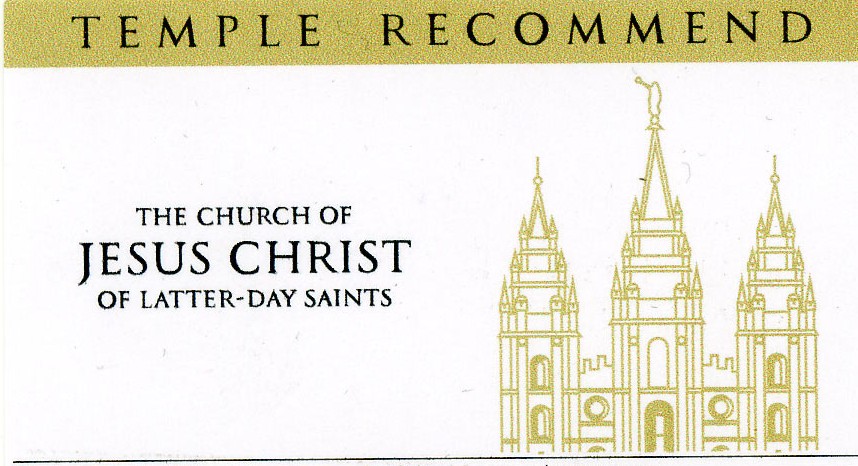Question
Gramps,
We have a question that is almost, well, like we “should know better than to ask,” yet we really don’t ‘know better’. All our life we have been taught that we cannot put ourselves in the Lords’ debt, and we truly believe that. We don’t have to “give” any longer than the Lord keeps giving to us. We have learned from experience that He blesses us far beyond our dreams when we are obedient. We understand that when we do as requested to “double our Fast Offerings” that the blessings ‘will come’, and they do. When we pay our tithes the windows of heaven are opened to us.
Now, after trying to be obedient in the area of donations of material means, and trying to double our Fast Offerings each time we listen to our local leaders or a speaker in sacrament meeting tell us of the need for the donations and the blessings that follow, we find ourselves paying a Fast Offering that almost exceeds our monthly grocery bill. And my husband feels we really should ‘cut back’. We are both returned missionaries, active in our ward, and temple attenders. We are a young couple trying to raise four young children and have budgeted right down to the wire, and find it almost impossible to make ends meet. I know we should not ask “How long do we keep doubling?” but it is getting increasingly difficult and we are beginning to ‘go without.’ We have cut and cut in other areas. Guess we could use some of your wisdom, and well, do we keep on doubling and doubling? When our children need medications and medical care? Almost ashamed to ask, but we would appreciate an answer from you, since we have read and respected your wisdom for so long. Thanks so very much.
A young couple in Idaho
Answer
Dear Young Couple,
It’s terribly important to keep things in perspective. The wage earner, for instance, would do well to pay a tithing on his gross income, i.e. before taxes and other deductions. However, if a store owner who made a profit of 5% of his gross income, were to pay tithing on the gross, he would quickly lose his business because his business costs him 95% of his income. So the businessman must pay tithing on the profit from his business, not on the total income.
A young couple without children may be in a position to sacrifice some material needs in donating liberally to the church, but when children come along, priorities must change. These children, our Father’s children, are on loan to us. They are given into our care for the purpose of developing in them the principles of faith and testimony, and to prepare them to acquire the knowledge of the gospel. Also, we are charged with their happiness.
If we pay excessive fast offerings, anticipating added blessings from the Lord, and in so doing, sacrifice in any degree the welfare of our children, the Lord will undoubtedly not be pleased, as by our actions we will assuredly produce more harm than good.
If we hear from our local authorities to ‘double our fast offering’ and do so, we will be blessed for our obedience to counsel. However, I am sure that if we keep hearing this counsel and keep doubling our fast offerings each time we hear it, we soon won’t have enough money to take care of any other responsibility, or even to keep ‘obediently’ doubling our fast offering.
I’m sure the authorities never suggested that you quadruple your fast offering. So, having doubled it, you are now in compliance. It is not the amount of money given that is of value to the Lord, but it is the condition of the heart of the giver. If we live in the spirit of the gospel, trying to be obedient to the principles of the gospel and devoting ourselves in kindness to the welfare of our Father’s other children we will indeed fulfill His will.
It may be well to reflect on the change brought about by the Savior in the Old Testament law of sacrifice of material possessions, as He explained in 3 Ne 9:20, to the sacrifice of a broken heart and a contrite spirit.
Gramps







